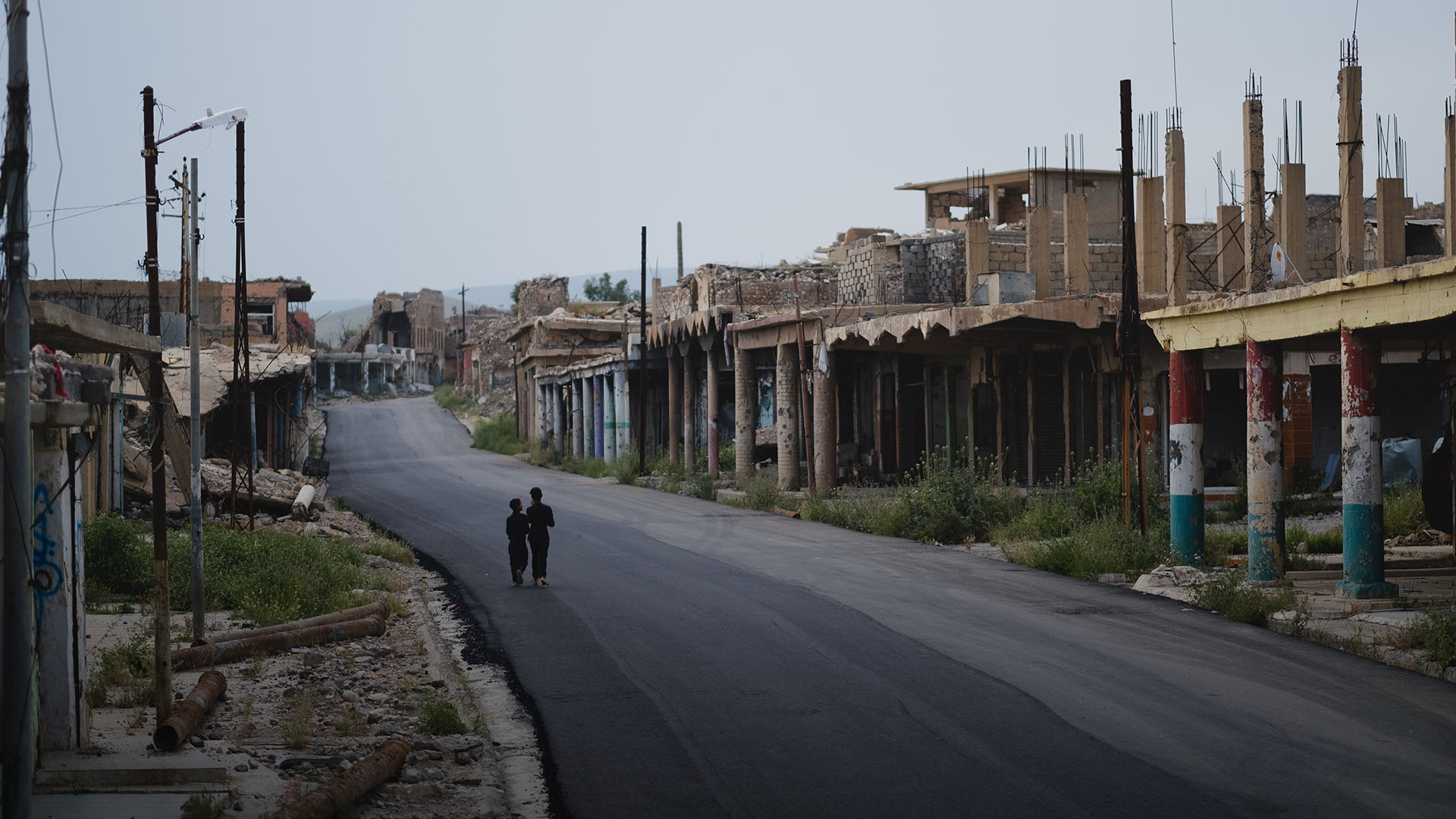One woman’s struggle to protect her children in the Middle East has taken them hundreds of miles from home.
ISIS’s reign over Iraq was brutal in the rifts it caused between cultural subgroups and devastation it wrecked on innocents. Civilians were used as human shields; chemical attacks ravaged entire towns; Iraqi soldiers caught in the battles against religious extremists were tortured and executed.
The Islamic State’s acts of terrorism and genocide have been some of the most egregious in modern times, coming down especially hard upon the country’s ethnic and religious minorities such as the Yazidis, Kurds, Sunni and Christians.
Living Under the Cloud of Danger
Unlike many of their neighbors in their northern Iraqi town, Faizah* and her husband were Christians.
They began to receive threats, so the family went into hiding. At one point, though, Faizah’s husband went to check on their home. ISIS soldiers caught him. Realizing that he was a Christian, they killed him.
The day after her husband was murdered, three boys from ISIS families caught her 12-year-old son and threatened him as well.
That was the last straw for Faizah. “I decided to leave so I could protect my son…my children from anything.” However, she knew that they would need money and other things from their house to help them flee the country.
She waited for a while then cautiously returned to their old neighborhood.
When she arrived at her and her husband’s home, she found strangers living in it. She tried to explain that this was her house, but they wouldn’t listen to her protests. Instead, they threatened to turn her and her son over to ISIS. “Don’t come back!”
She decided that she had no more options left in Iraq. Fueled by desperation, the family trekked over a hundred miles in the course of a week to the national border.
Building a New Life from Ashes
At the border, Faizah and the children crossed over and were directed to World Challenge’s partners who ran a ministry center for refugees. The pastor helped them find housing in the area and provided them with survival kits of food, clothing and medical supplies.
Even so, she was shattered. “My life was completely upside down. It was so hard. In our culture, as a woman without a man, everything is much more difficult.”
In addition, as a refugee, she had next to no chance of getting a job.
Any job she could get would have to be illegal, and it would take her away from her children. Without legal paperwork, it would also leave her vulnerable to the unscrupulous.
She applied for asylum through the United Nations, but the process was agonizingly slow. Despite the many difficulties, her children were able to enroll in a good school, and they quickly adjusted to their new life with the enviable flexibility of so many young people.
Faizah’s heart lifted to see them recovering, making friends, having those simple and unimportant arguments again. They were healing.
When God Provides a Haven
The recovery process has been slow but steady. When Faizah first arrived, she was wrestling with trauma and suicidal depression.
Now she has a ray of hope and has begun the long healing process alongside other widows, many of whom have also lost their husbands to ISIS. She regularly attends activities at the community center, including worship services and a Bible study.
While she still hopes to escape the war-torn Middle East for the sake of her children’s futures, she is grateful that God has provided a haven.
*Not real name. For safety reasons, we don’t release names or specific locations in highly sensitive areas.
